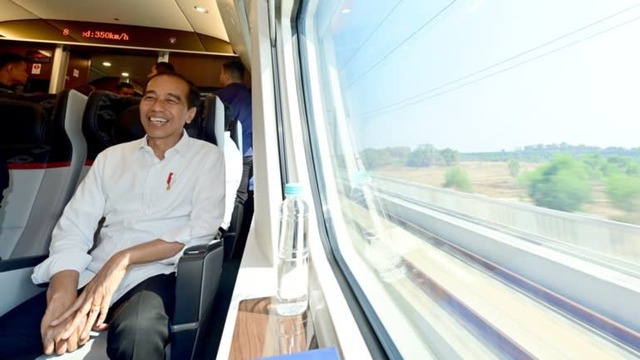
President Widodo said the train was “comfortable” even at its top speed of 350 km/h.
Indonesian Presidential Secretariat
Indonesian President Joko Widodo has just experienced the high-speed train on the Jakarta-Bandung line before the line officially operates in early October in a project supported by China.
The train reached speeds of up to 350 km/h and the trip on September 13 was positively evaluated by the leader, according to Nikkei Asia .
"Today was my first time taking a train on this line. It was very comfortable even at the maximum speed of 350 km/h," he shared after the trip, adding that the train ran very smoothly.
The 140km high-speed rail line connects Jakarta with the West Java provincial capital Bandung, a major tourist destination. The journey takes just 28 minutes and the line is expected to start operating in October before gradually increasing the number of trains.
Also joining the experience trip were Minister Luhut Binsar Pandjaitan in charge of maritime and investment, Minister Erick Thohir in charge of state-owned enterprises and many famous and influential people.
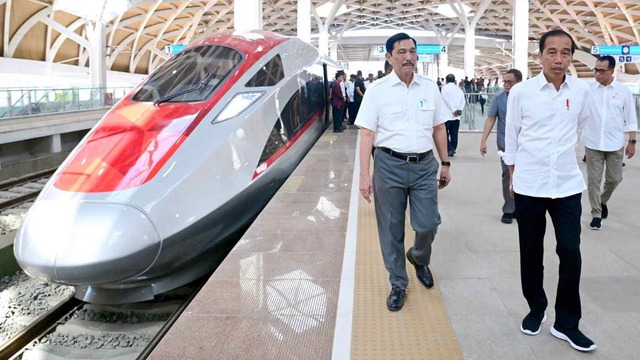
President Widodo next to the train, which is expected to operate from October.
Indonesian Presidential Secretariat
Mr Widodo said the government hoped the railway would encourage people to use public transport and reduce the use of private cars to cut air pollution and traffic congestion.
Indonesia initially planned to use Japanese shinkansen technology, but the government opted for Beijing’s proposal at the last minute in 2015, saying it would not add to the country’s financial burden.
The project is being implemented with the support of China and Chinese state-owned enterprises are essentially taking over the construction of one of the major projects under the Belt and Road Initiative.
However, the total cost exceeded the initial estimate of $5.5 billion, and Indonesia was forced to pay from its budget. Estimates by ministries of the project's cost range from $7.2 to $7.5 billion.
The inauguration has also been much slower than expected. After breaking ground in 2016, the project was originally scheduled to be inaugurated in 2018. Among the reasons for the delay were difficulties in land acquisition due to lack of communication and compensation, in addition to the Covid-19 pandemic.
The metro project has also raised safety concerns, especially after a maintenance train and locomotive derailed at a construction site near Bandung in December 2022, killing two Chinese workers.
Source link


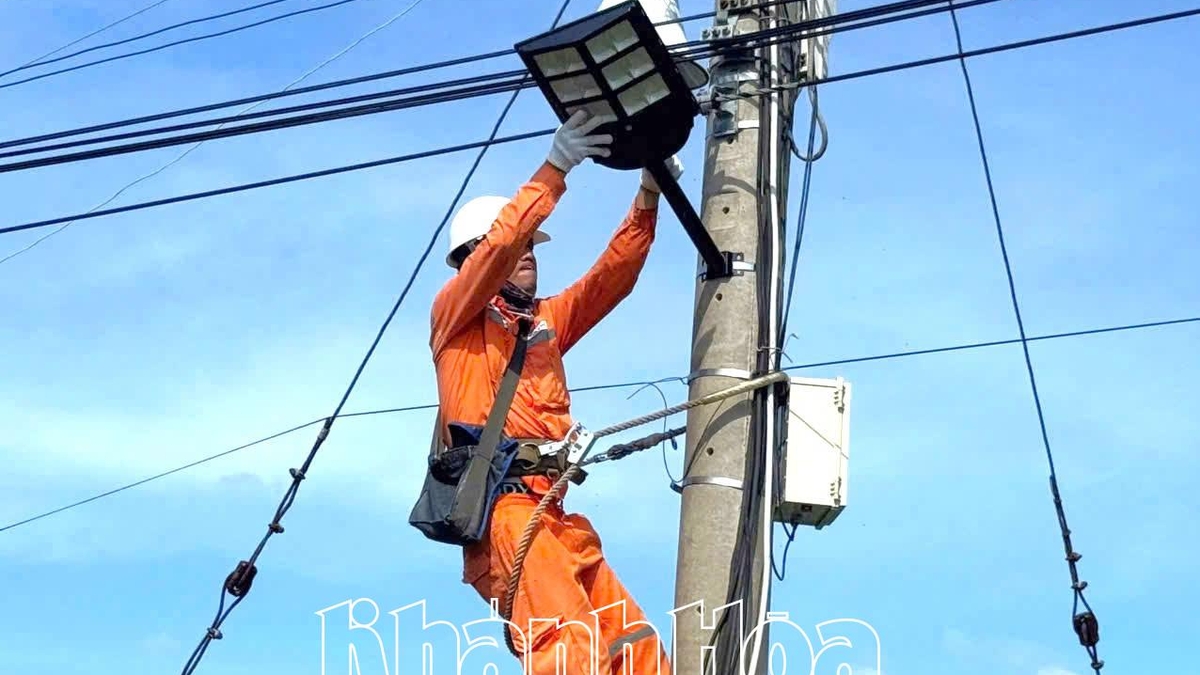
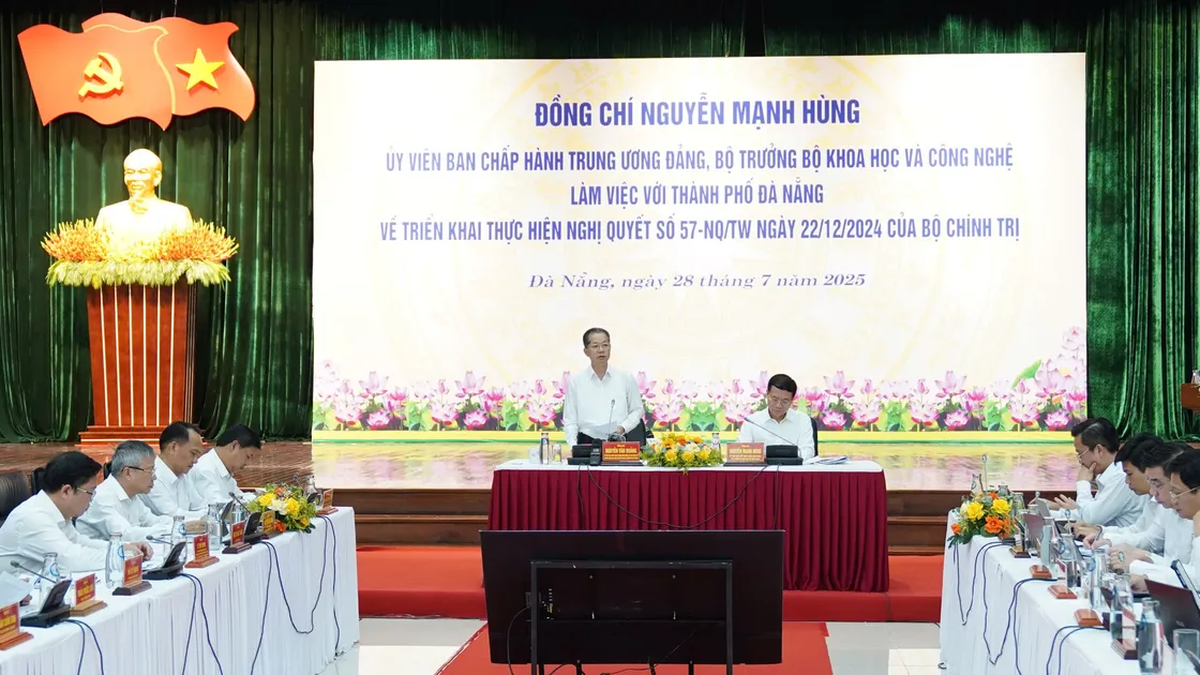
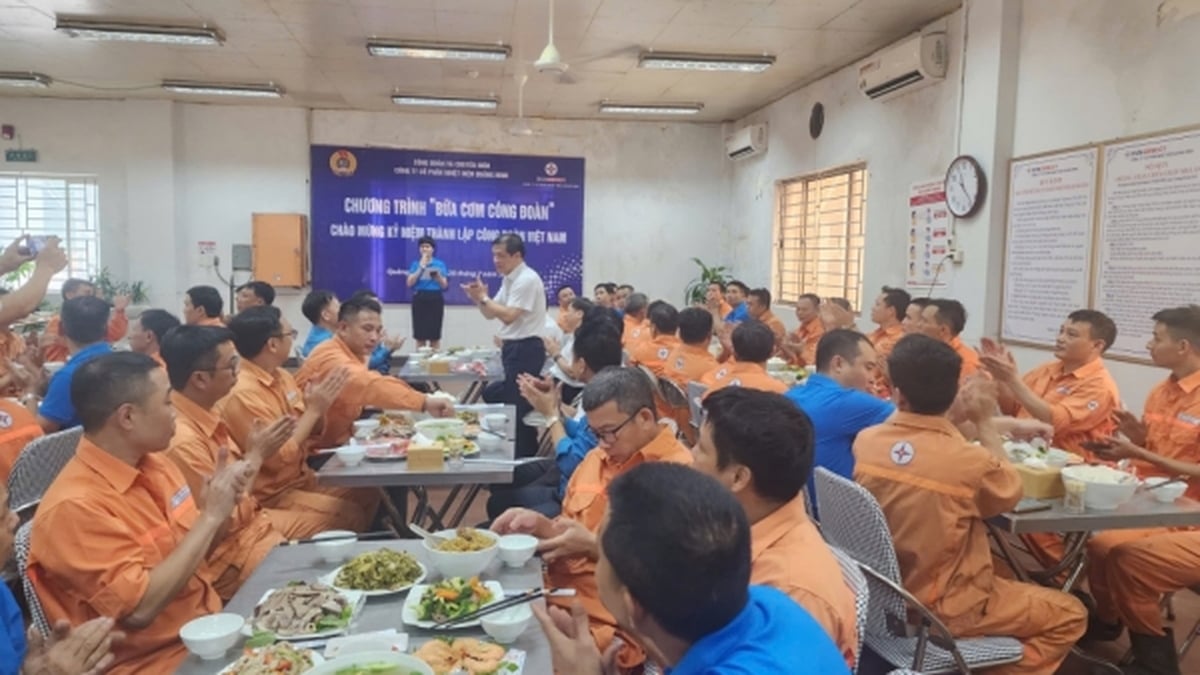
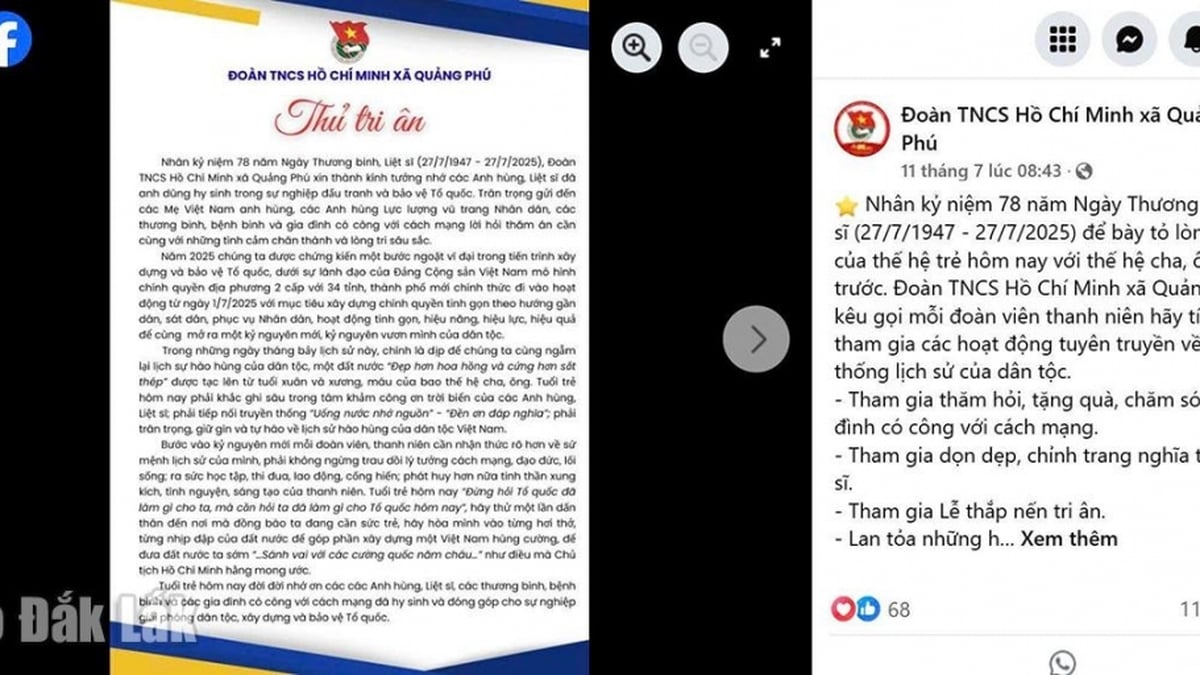
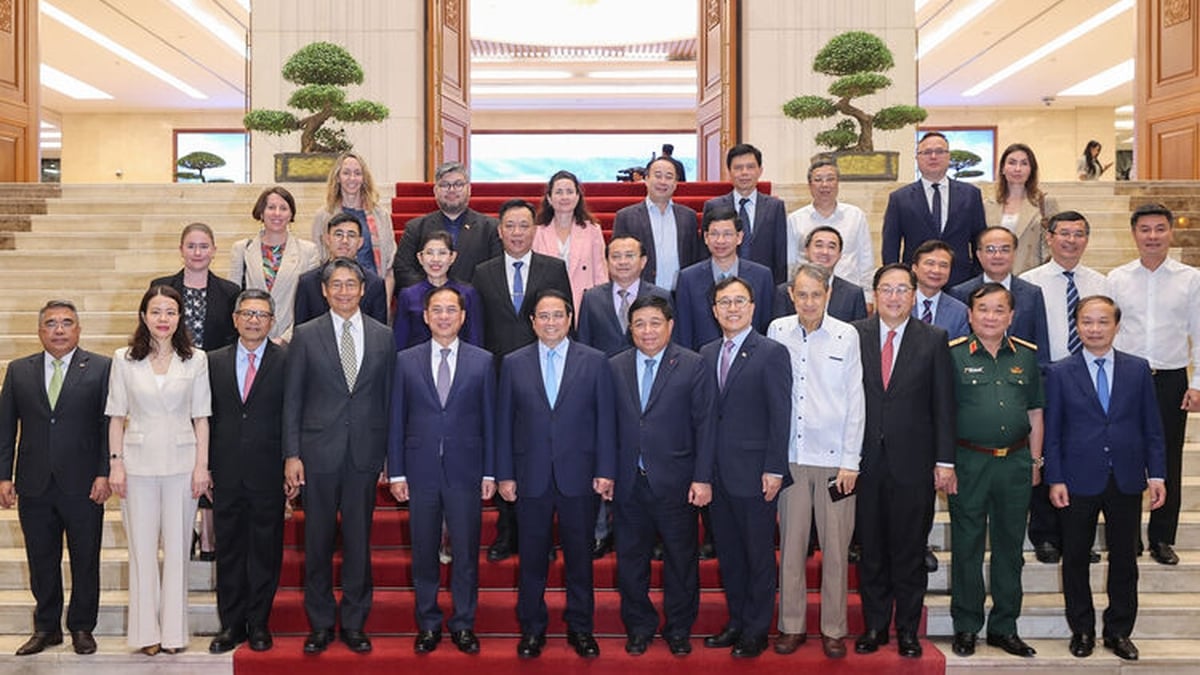

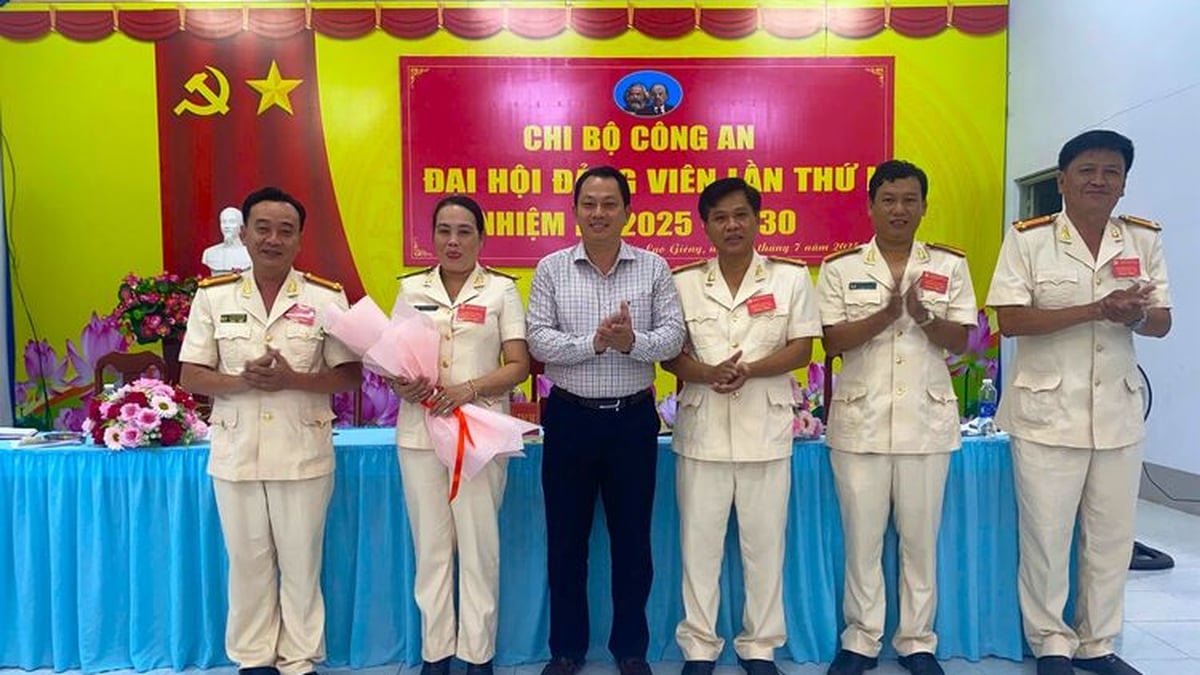
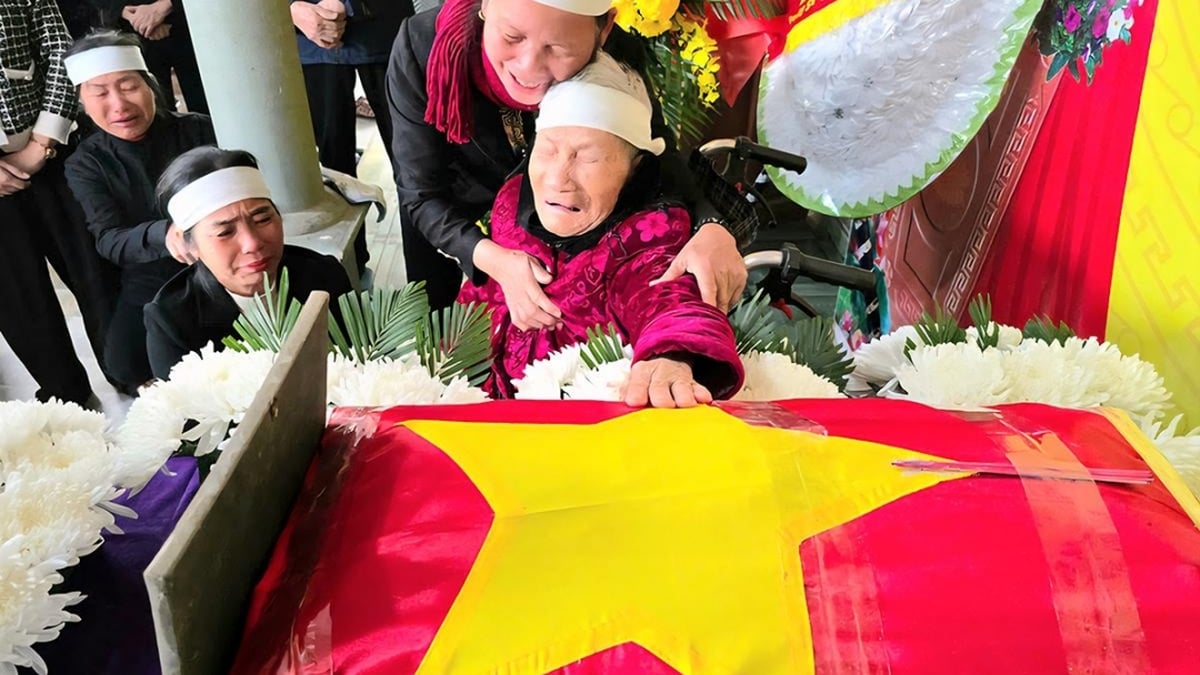
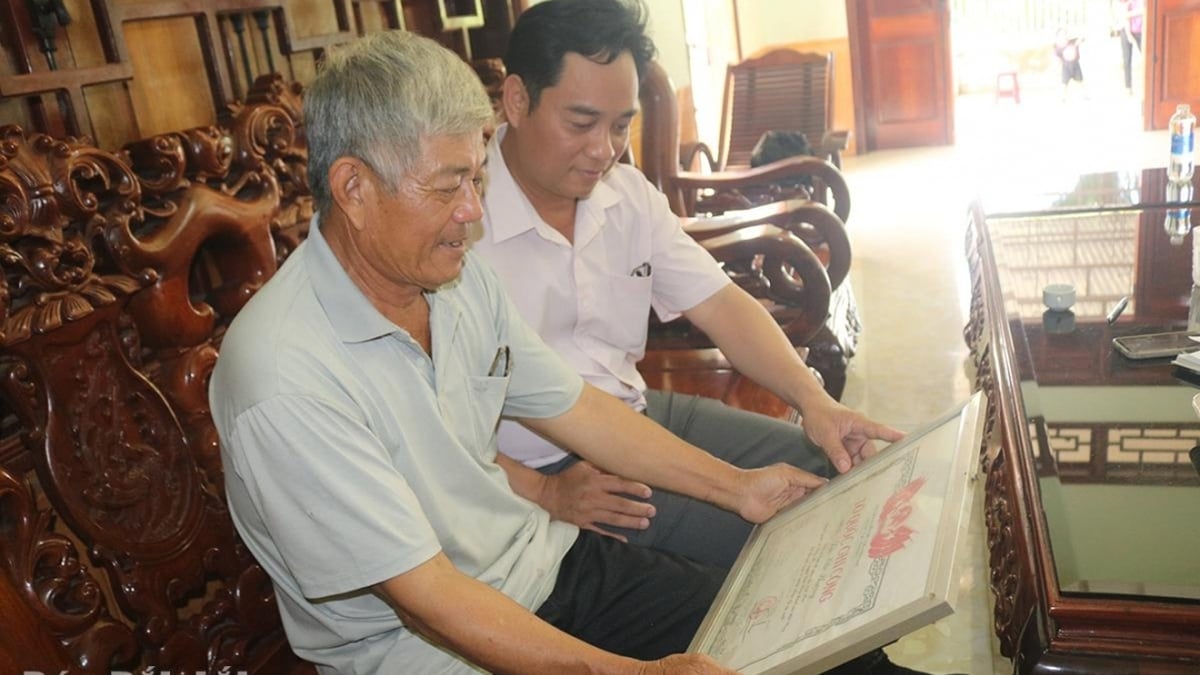
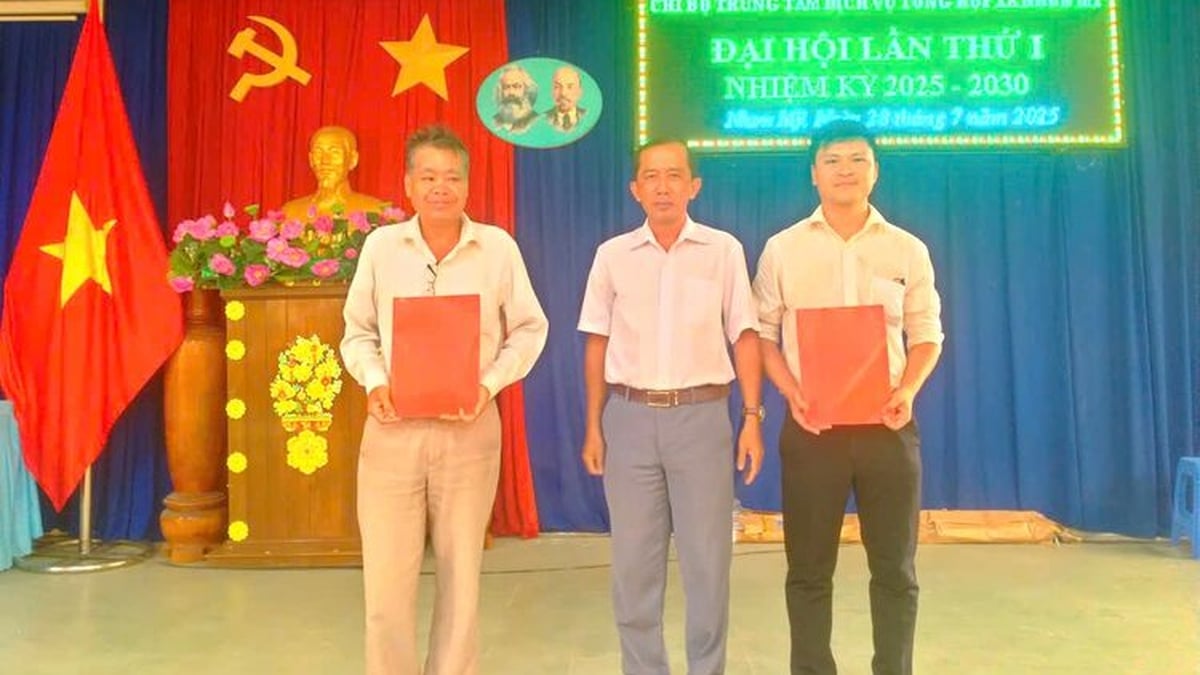











![[Photo] National Assembly Chairman attends the seminar "Building and operating an international financial center and recommendations for Vietnam"](https://vphoto.vietnam.vn/thumb/1200x675/vietnam/resource/IMAGE/2025/7/28/76393436936e457db31ec84433289f72)












































































Comment (0)